Gold Rush Maisie

Brief Synopsis
Cast & Crew
Edwin L. Marin
Ann Sothern
Lee Bowman
Slim Summerville
Virginia Weidler
Mary Nash
Film Details
Technical Specs

Synopsis
Maisie Ravier is en route to a singing job at the Hula Parlor Cafe when her car breaks down near an Arizona ghost town at the edge of Bill Anders' ranch. She seeks refuge at the ranch, and there she meets the misanthropic Bill, who makes a pass at her. After locking Bill out of her room, Maisie indignantly leaves the ranch the next morning and hitchhikes into town. Arriving to find that her job has already been filled, Maisie visits a local diner, where she hears of a gold rush at the ghost town and meets little Jubie Davis. After finishing her dinner, Maisie starts her long trek to Phoenix, and is offered a ride by the Davis family, a pitiful bunch of dispossessed dustbowl farmers who have been lured to Arizona by the promise of gold. Touched by their plight, Maisie spends her last dollar on groceries to feed the hungry children. When the Davis car rolls into town, they find the previously abandoned town filled with poverty-stricken farmers who are being exploited by profit seekers, prompting Maisie to insist that they drive on to Bill's ranch where they can find free water. After bullying Bill into letting the family pitch their tent on his land, Maisie agrees to go into partnership with family head Bert Davis. After days of digging, the partners uncover a promising vein of gold, but must await the assayer's report to ascertain the value of their claim. That night, a violent storm destroys the Davis' tent, and Maisie leads them to shelter inside Bill's house. As the family sleeps, Maisie convinces Bill to abandon his misanthropic ways and begin to trust people. The next morning, the farmers' hopes are crushed when the assayer pronounces that the ore is not worth the cost of mining. As the farmers prepare to return to the road as migrant workers, Maisie explains to Bill that they had turned to prospecting in desperation, as a way to feed their families rather than find their fortunes. Taking Maisie's words to heart, Bill offers his water to irrigate the valley, and as the farmers begin life anew as homesteaders, Maisie strikes out on her own.

Director
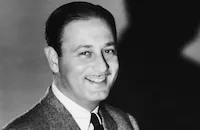
Edwin L. Marin
Cast

Ann Sothern

Lee Bowman

Slim Summerville

Virginia Weidler

Mary Nash
John F. Hamilton

Scotty Beckett

Irving Bacon
Louis Mason
Victor Kilian Jr.

Wallace Reid Jr.
Virginia Sale
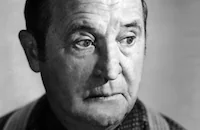
Frank Orth
Kathryn Sheldon
Eddy Waller
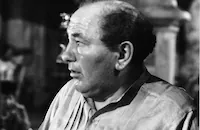
Charles Judels

Clem Bevans
John Sheehan
Ivan "dusty" Miller
Dorothy Appleby

Eddie Gribbon
Henry Sylvester
Albert Russell
Ed O'neill

Ray Teal
Anna Chandler
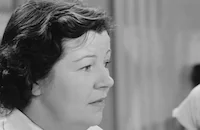
Margaret Bert
Wesley Giraud
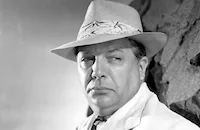
Cy Kendall
James Mack

Naomi Childers
Barbara Bedford
Martin Faust

Lee Phelps
Mitchell Lewis
Henry Roquemore
Lew Harvey
Bill Jackie
Jessie Arnold
Robert Middlemass
Eddy Chandler
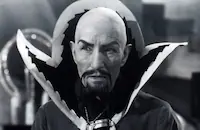
Charles Middleton
Crew
Wilson Collison
Cedric Gibbons
Robert Golden
William Kaplan
Charles Lawton
Mary C. Mccall Jr.
Tex Parker
Betty Reinhardt
J. Walter Ruben
J. Walter Ruben
Gabriel Scognamillo
Douglas Shearer
Frederick Y. Smith
David Snell
Norman Taurog
Dolly Tree
Edwin B. Willis

Videos
Movie Clip



Trailer
Film Details
Technical Specs

Articles
Gold Rush Maisie
By Violet LeVoit

Gold Rush Maisie
TCM Remembers - Ann Sothern
TCM Remembers - Ann Sothern
Quotes
Trivia
Norman Taurog and J. Walter Ruben took over directorial duties during 'L, Edwin' . Marin's illness.
Notes
According to news items in Hollywood Reporter, producer J. Walter Ruben and director Norman Taurog filled in for Edwin L. Marin when he became ill. This picture was the third in the Maisie series. For additional information about the series, consult the Series Index and for Maisie.















